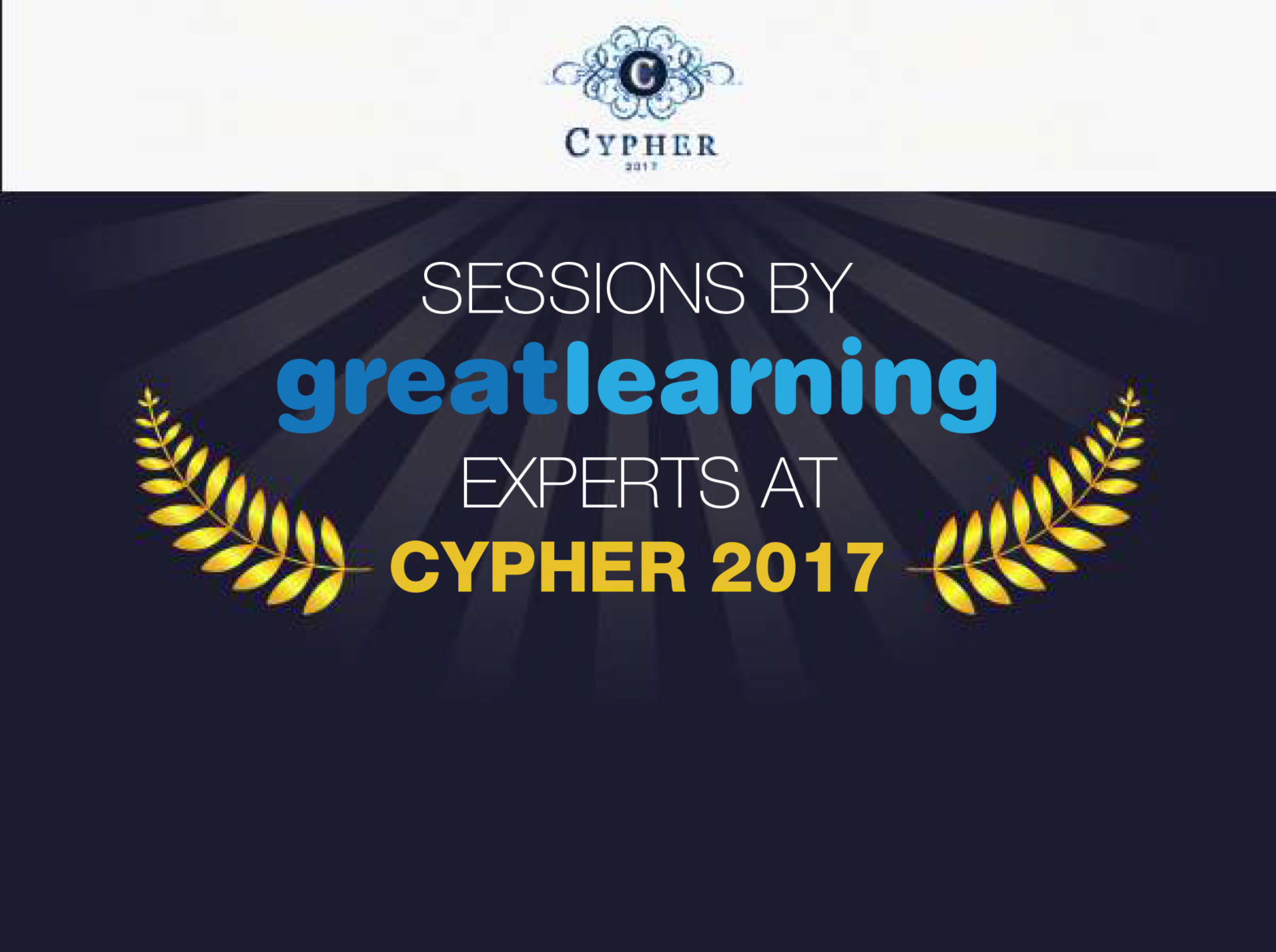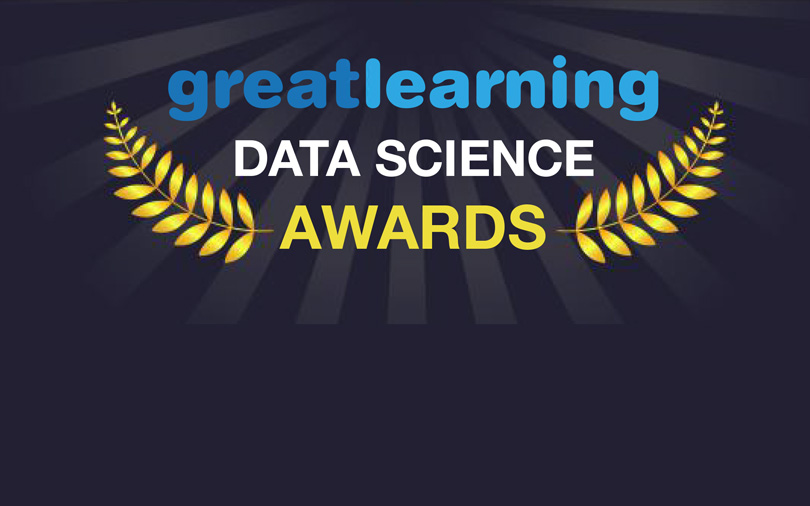The inevitable transition of value from Degrees to Competencies in the knowledge economy
I had a conversation in Bangalore recently with a senior technology professional, one with over 20 years of experience in both large and small technology companies and currently in a VP role at one of the posterchildren of India’s Internet businesses. He said that when he interviews people these days, very rarely does he look at what degree they possessed. He is more interested in what they can do and what the most recent course they had done on Coursera.
Shift in Hiring Manager’s mindsets
Conversations with dozens of senior industry professions over the past couple of years indicate that most of them, in their hiring decisions, look more at what the candidates know (knowledge) and can do (competence) rather than what degree they have.
This is a phenomenon, increasingly common, that acknowledges the fact that our undergraduate and post graduate degrees are no longer good enough. The rapid pace of change being driven by technology has meant that we have to be constantly learning to keep up with the latest and best practices.
When we were growing up, people were introduced to each other an engineer, a doctor, a CA, a lawyer, a commerce graduate, an arts graduate, etc., – essentially tying our identity to our formal education. Job requirements were specified in these terms. The most essential requirement for a job would be the undergraduate or post graduate degree. Today, if you look at the job descriptions on Naukri or Linkedin for knowledge workers/roles, the degree would be the last or the second last thing that is mentioned with most of the other requirements specified in terms of competencies: x years of digital marketing experience, y years of data analysis experience, z years of design experience, etc. Unless it is from a very reputed top institution, the degree seem to hardly contribute to the interview evaluation. Even the value being added by the reputed institution seems to be attributed more to the filtering and motivation/drive of the candidates that it signals than the specific degree that is pursued there.
This transition is already manifesting in the recruitment practices of several of the most reputed companies in the world. A few weeks back, Ernst and Young, one of the most reputed consulting firms and a large recruiter of young talent globally, declared in its UK division that it would scrap the UG degree as a recruitment filter and instead rely on its internal competence assessment. Several technology companies like Google, Uber, Facebook, and closer to home, Flipkart, Snapdeal, etc., have started accepting candidates based on informal credentials like the “nanodegrees” from Udacity or the “specializations” and certificates from Coursera, which are merely signals of verified competencies and not accredited degrees or diplomas.
This phenomenon hit home for me recently from the most unlikely of sources. I was attending a talk at one of the TIE conferences on education in Delhi and the keynote speaker was an ex Pro Vice Chancellor of IGNOU. IGNOU is the world’s largest grantor of degrees in the world, having over 1 million enrolees and distributing hundreds of thousands of degrees and diplomas each year. I am sure these degrees are meaningful to a large number of people who were not fortunate enough to go through a full time college experience and are qualifying them for a large number of government and public sector jobs thus serving a valuable purpose for them. However, it is widely acknowledged that they hold little value in the knowledge economy due to the poor learning outcomes associated with them.
Given this background, I went into this talk expecting to hear a very traditional perspective on education from this septuagenarian gentleman. However, what I heard blew my mind. He had some of the most progressive and creative ideas I had ever heard on the transformation that is happening and will happen in the world of education and in the global talent markets. One of the points he made really stuck. He said, “Today, what KRA stands for has changed. It stands for ‘Kyun Rakhe Aapko (Why should I keep you)’”. I thought that this captured most succinctly the massive change in focus in the talent market from degree to competency.
Dawn of the Portfolio
If competencies are becoming all important, how does one showcase them or communicate about them? This is being done through creating a “Portfolio” or “body of work” that demonstrates the competence. This approach is not new. It has been widely used in other fields that require creativity and innovation, qualities that are increasingly more important in the knowledge economy. A photographer, an architect, an artist, a designer, a writer, a journalist, a film director, a PR executive – all of these professionals are judged by reviewing a portfolio of their prior work. This is now being applied to knowledge professionals as well. Good programmers are being judged by the code libraries they have shared on Github, the hackathon they have participated in and their topcoder rank. Good Data Analytics professionals are being judged the analytics problems they have solved on platforms like Kaggle. Marketing professionals are being judged by the blog posts and social media presence they have created for their brands.
I believe that this trend will accelerate further as it is in keeping with the general shift in decision making becoming more and more data driven. When recruiters can make decisions based on data that is directly relevant to them, like the directly relevant portfolios of candidates they are considering, they have a little reason to depend on a stamp applied by a third party education institution using methodology that may or may not be relevant to them.
So, it’s high time all knowledge professionals, particularly those at the early stages or their career, start creating their personal portfolios. That will be their currency in the competence-driven world of the future.
[optin-monster-shortcode id=”squxepvugkce4cquclwn”]
RIP Degree, Hello Competency?

Table of contents






